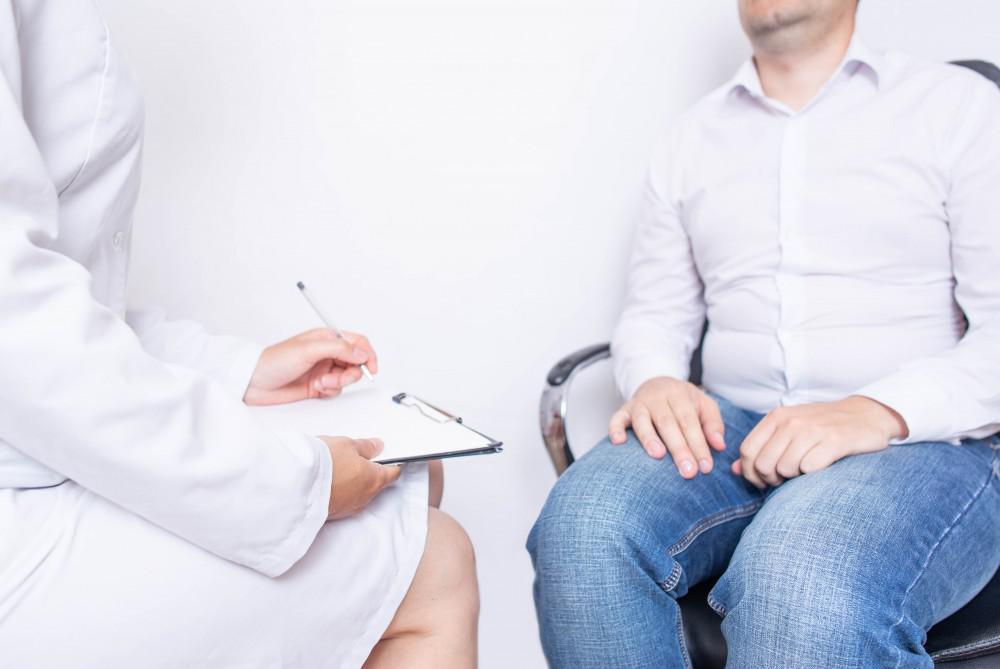What Is Ulcer of Intestine?
An ulcer of the intestine is a sore in the lining of the small or large bowel. When the sore develops in the duodenum, it's called a small intestine ulcer. These ulcers can lead to belly pain, bleeding, and other digestive issues. (ICD-10 codes vary by ulcer location and cause.)
Common Causes and Risk Factors
- H. pylori infection (a common stomach bacterium)
- Long-term use of pain relievers like ibuprofen or aspirin
- Frequent smoking or alcohol consumption
- Inflammatory conditions such as Crohn's disease or tuberculous ulcers
- Family history of ulcers
- Poor diet and high stress levels
Signs and Symptoms
- Pain in the upper or middle abdomen that may feel better after eating
- Dark, tarry stools or visible blood in stool
- Loss of appetite or unplanned weight loss
- Nausea, vomiting, or bloating
- Fatigue or weakness from iron-deficiency anemia
How Dr. Rishi Chadha Diagnoses Ulcer Of Intestine?
Dr. Chadha uses a thorough, step-by-step approach:
1. Medical History and Exam
Discusses your symptoms, current medications, and risk factors to understand your condition.
2. Lab Tests
Orders blood work to check for anemia or signs of infection, and conducts stool testing to detect hidden blood.
3. Imaging and Endoscopy
- Performs endoscopy to directly visualize the intestinal lining.
- Utilizes CT or MRI scans when additional imaging is needed for a complete view.
4. ICD-10 Coding
Assigns the correct ICD-10 code for your specific ulcer location and cause, ensuring precise documentation and insurance coverage.
Frequently Asked Questions
What's the difference between stomach and intestine ulcers?
Stomach ulcers are in the stomach lining. Intestinal ulcers are in the small or large bowel.
Can stress cause ulcers?
Stress doesn-t cause them alone but can make symptoms worse.
How long does healing take?
Most heal in 4 to 8 weeks with treatment.
Will I need surgery?
Only about 5-10% of cases need surgery. Most heal with medicine and diet.
What is a tuberculous ulcer of intestine?
It's a rare ulcer caused by TB bacteria. Special testing confirms it.
What is the ICD-10 code for intestinal ulcer?
It depends on where and why the ulcer formed. Dr. Chadha uses the right code for your records.
Are natural remedies helpful?
Some'like honey or probiotics-may ease symptoms but should not replace medical treatment.
Can kids get ulcers?
Yes, though it's less common. A full checkup is needed.
How do I get ready for an endoscopy?
You'll avoid food and drinks for 6-8 hours. We give clear steps before your test.
Will the ulcer come back?
It's possible. Regular care, good diet, and follow-ups help prevent this.











